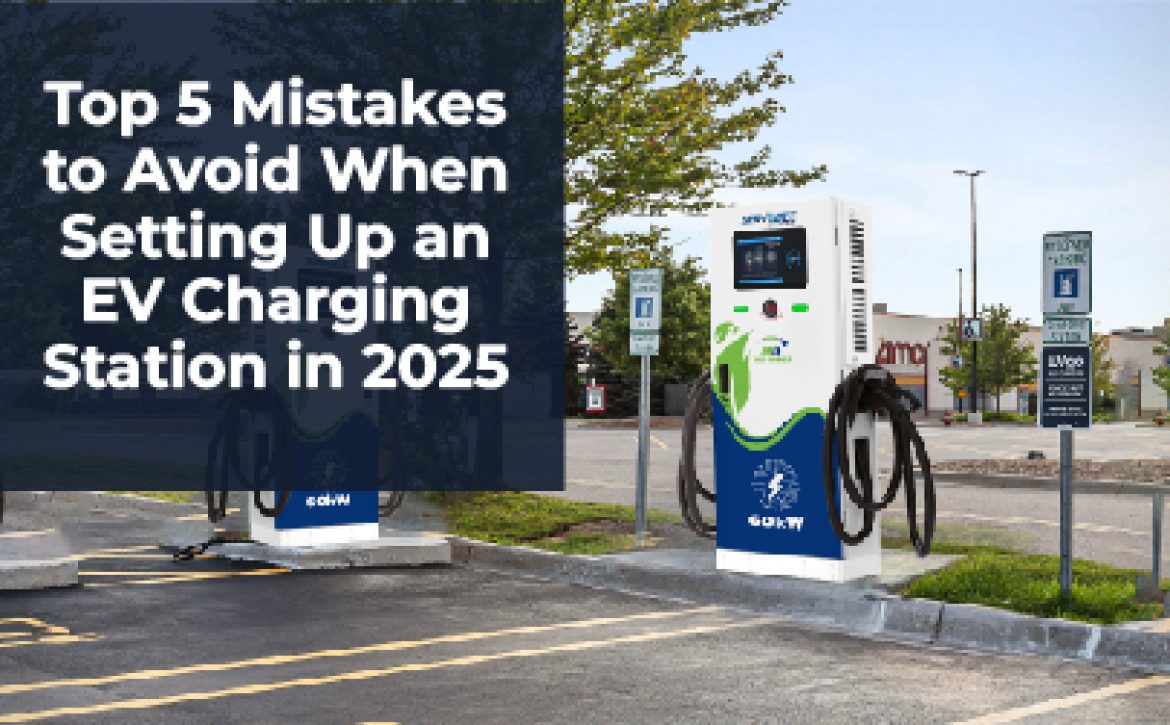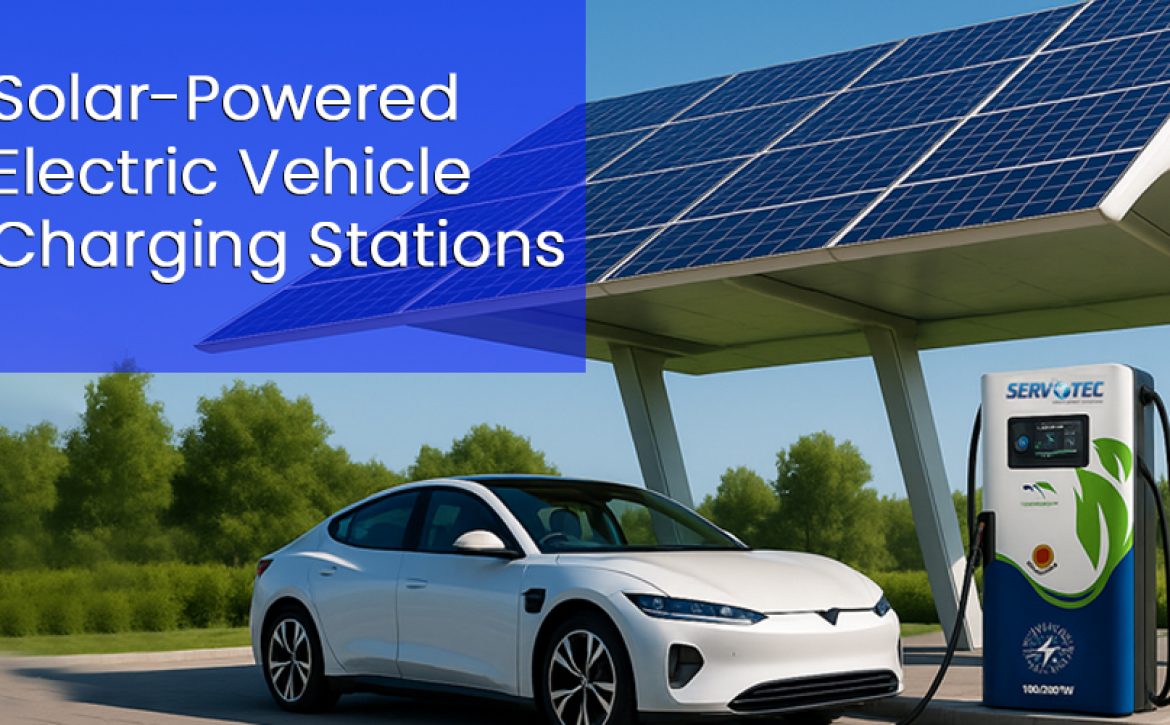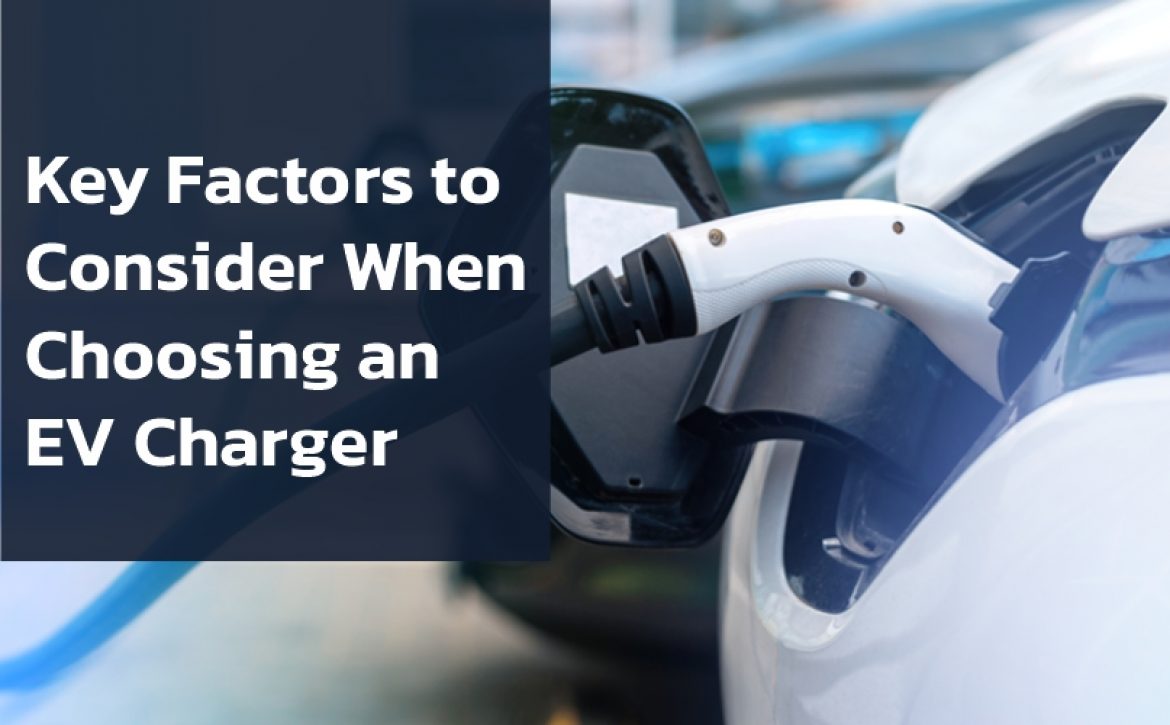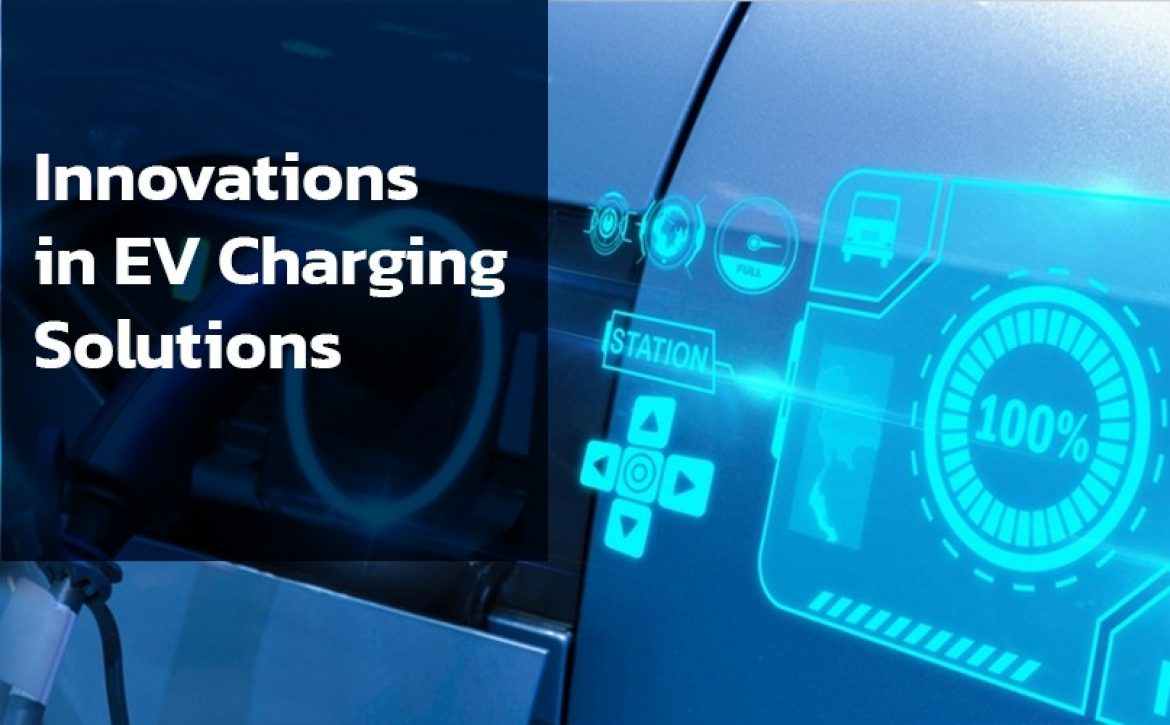Top 5 Mistakes to Avoid When Setting Up an EV Charging Station in 2025
The electric vehicle (EV) revolution is no longer a distant possibility; it is here and rapidly gaining momentum. With governments pushing for clean mobility, rising fuel prices, and an ever-expanding fleet of EVs, the demand for accessible and reliable charging infrastructure has never been greater. Many businesses, entrepreneurs, and organizations are stepping into this space, recognizing the potential of EV charging stations as not just a service but a profitable long-term investment. However, as with any emerging sector, the rush to set up charging infrastructure often leads to costly mistakes that can affect both operational success and customer trust.
Top 5 Mistakes to Avoid When Setting Up an EV Charging Station in 2025
1. Choosing the Right Location
One of the most common mistakes people make when setting up an EV charging station is choosing the wrong location. While the idea of installing chargers may sound straightforward, success heavily depends on accessibility, visibility, and convenience for EV users.
A station tucked away in an area with little traffic or poor connectivity won’t attract enough users to justify the investment. As EV adoption grows in 2025, strategic placement, such as near highways, shopping complexes, corporate parks, or residential communities, will determine how sustainable the station becomes. Businesses need to conduct proper location studies, traffic flow analysis, and grid availability checks before finalizing a site.
Read more: Top EV Charging Station Companies in India
2. Overlooking Power Supply and Load Management
Another pitfall is underestimating the importance of power supply and load management. EV chargers, especially Level 2 and DC fast chargers, require significant electrical capacity. Setting up a station without ensuring adequate grid infrastructure often leads to downtime, slow charging speeds, or frequent technical issues.
With more EVs expected on the road in 2025, power demand will only increase. This is where smart charging solutions, renewable integration like solar, and load balancing systems become essential. Ignoring these technical requirements not only frustrates customers but also puts unnecessary strain on the local grid.
3. Ignoring Charging Speed Variety
Equally problematic is the neglect of charging speed options. EV drivers today have different needs; some prefer a quick top-up during shopping trips, while others require fast charging during long-distance travel.
Limiting your station to only slow chargers or only fast chargers can alienate a large segment of users. In 2025, with battery technologies advancing and EV adoption spreading across commercial fleets and private ownership, offering a mix of Level 1, Level 2, and DC fast charging will become a competitive advantage. Stations that fail to adapt to diverse user requirements risk being left behind.
4. Weak Software and Payment Integration
A mistake that is often overlooked but can severely affect user experience is ignoring software integration and payment systems. Today’s EV drivers expect seamless digital solutions, whether it’s locating nearby stations via apps, reserving slots, monitoring charging progress, or making hassle-free digital payments.
Many new station operators underestimate the role of a reliable charging management system (CMS) and end up with outdated, inefficient platforms. In 2025, as customer expectations rise, stations that lack smart software will struggle to retain users. Investing in a robust CMS with remote monitoring, predictive maintenance, and flexible payment options is not just an add-on but a necessity for success.
5. Neglecting Compliance and Scalability
Lastly, one of the biggest mistakes is overlooking regulatory compliance and future scalability. EV charging infrastructure is still evolving, and governments continue to update policies, safety norms, and incentives. Entrepreneurs who fail to align their stations with the latest standards risk penalties or forced upgrades later.
Equally, planning only for the present without considering future scalability is short-sighted. With EV adoption projected to surge in the coming years, a station that is not designed to scale, whether by adding more chargers, integrating renewable power, or upgrading to higher-capacity units, may quickly become obsolete. Building with a long-term vision ensures that the infrastructure remains relevant and profitable for years.
Building Smarter for 2025 and Beyond
Setting up an EV charging station in 2025 is a rewarding venture, but it demands foresight, planning, and adaptability. Avoiding these common mistakes, such as poor location choice, inadequate power infrastructure, lack of charging speed variety, weak software integration, and neglecting compliance and scalability, can make the difference between a struggling station and a thriving hub. The future of mobility is electric, and those who plan their charging networks with precision and customer experience in mind will lead the way in shaping India’s EV journey.
Read more: Key Factors to Consider When Choosing an EV Charger












